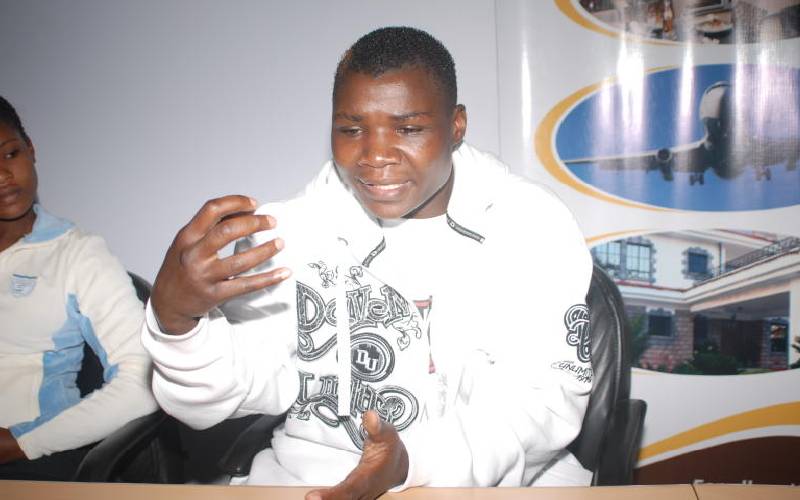×
The Standard e-Paper
Smart Minds Choose Us

Sports stars have myriad psycho-social health issues which are rarely addressed. For starters, there is a very thin psychological difference between a sports person representing Kenya in international competitions and KDF soldiers on ‘Operation Linda Nchi’ in Somalia.